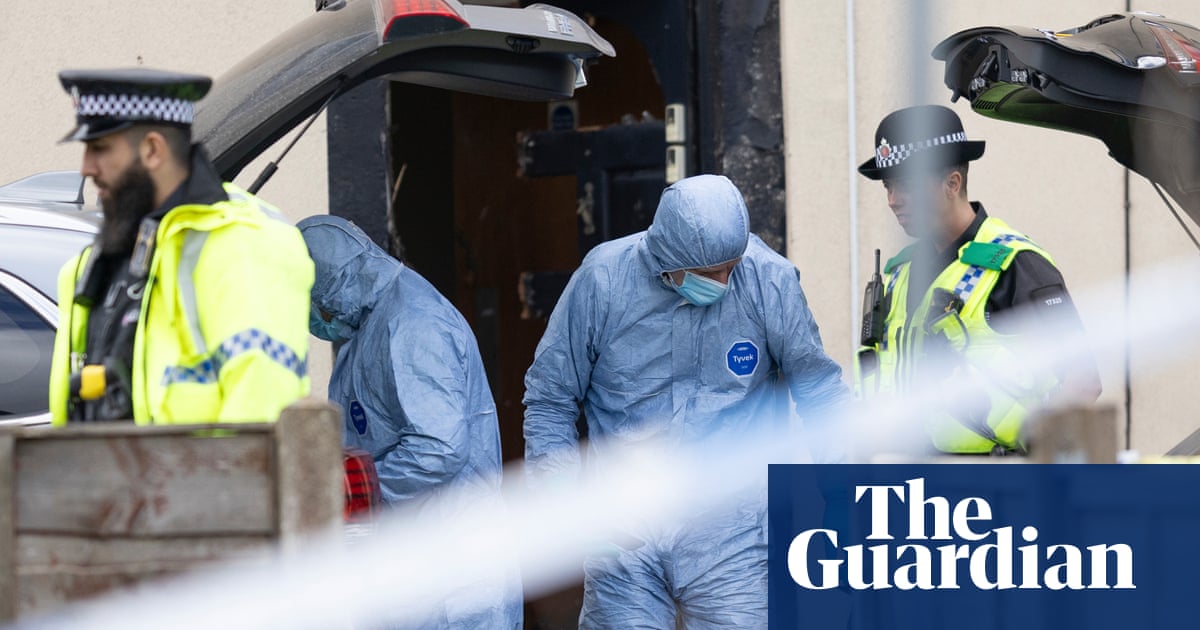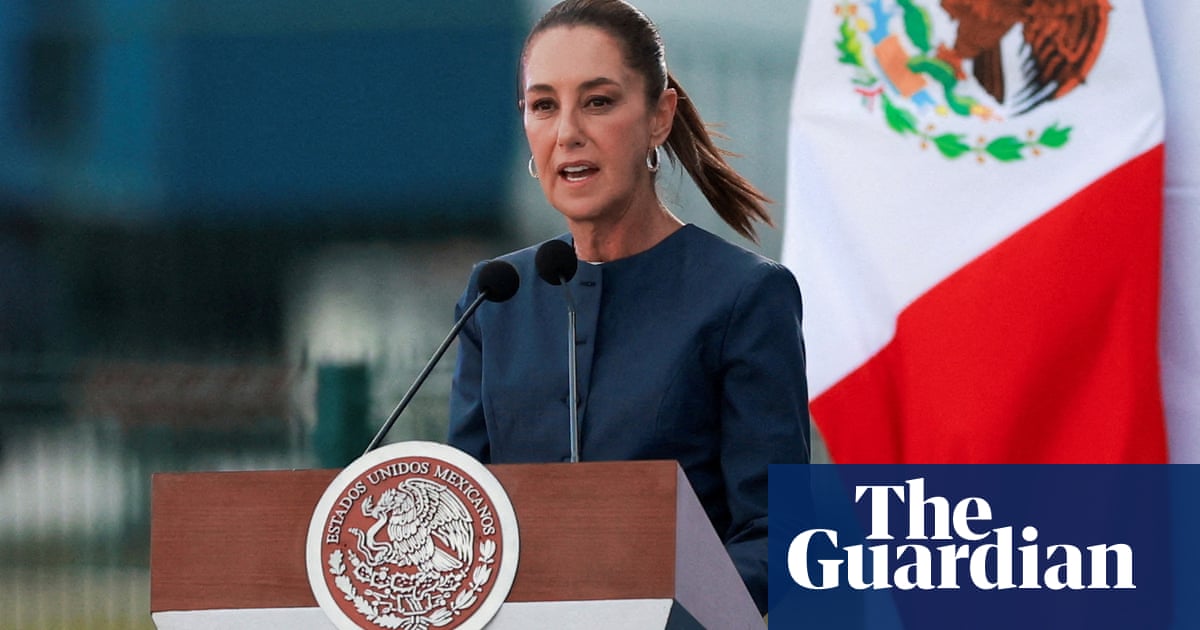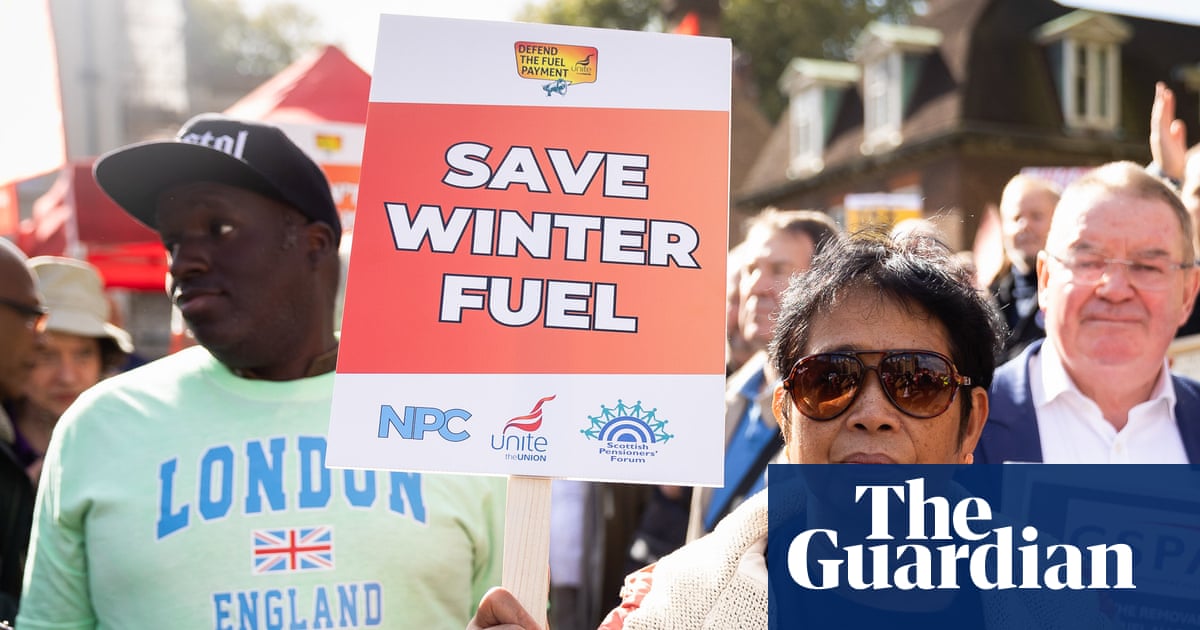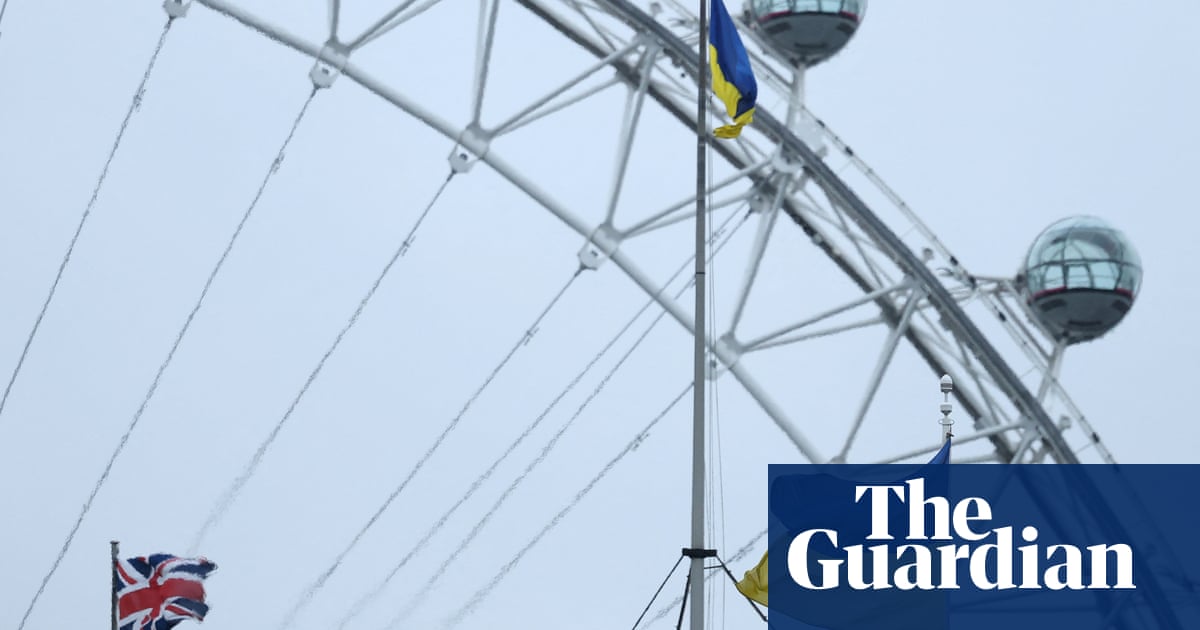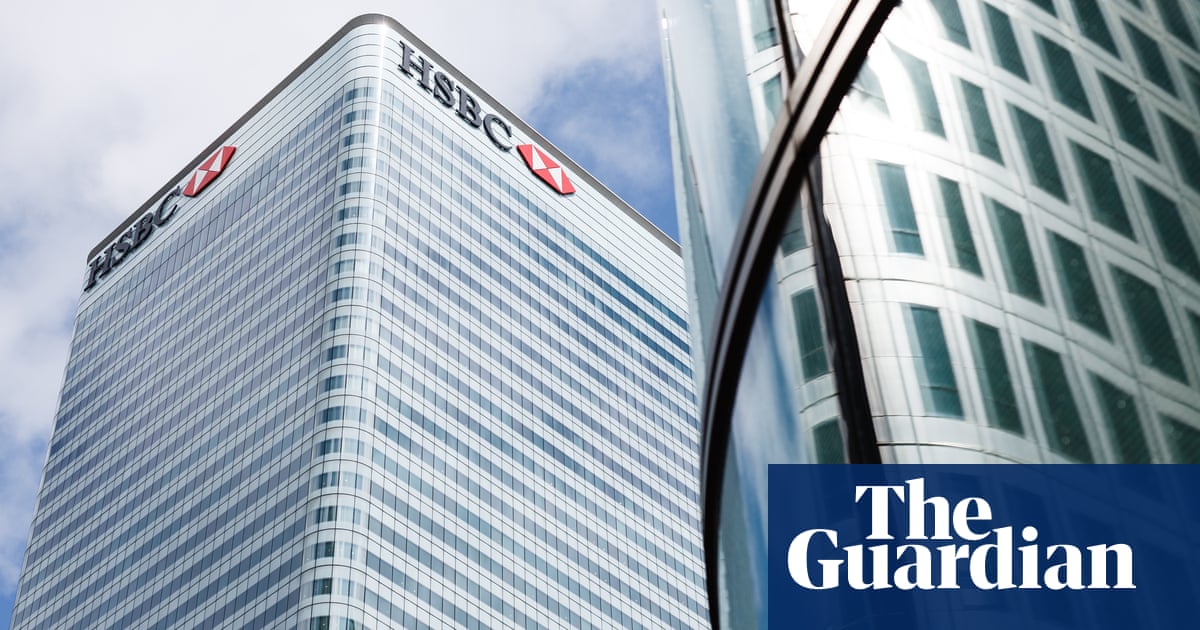The White House, eager to win a trade war it barely understands, has yanked the emergency brake on China-US trade without checking who’s inside the vehicle. Donald Trump’s early April trade decree has taken a month to hit the economy – that’s how long Chinese containers need to reach Los Angeles. And on cue, US pacific ports registered a 45% drop in container bookings this week from China. When warehouses fall quiet and trucks idle in California, the silence will creep eastward. Unemployment will surely tick upwards.
Even if Washington reverses course by the end of May, and Beijing plays nice, the best-case scenario is delayed damage. Some goods are being rerouted to avoid charges, but you can’t reboot global logistics overnight. This isn’t strategic decoupling – it’s economic self-harm. By the time the Trump administration notices, it will be too late. The consequences of the US president’s rash tactics will reverberate through Main Street. Mr Trump offers a flippant excuse: blame 11-year-olds with too many dolls – not his own tariffs – for rising hardship.
US gross domestic product just shrank for the first time in three years – despite Mr Trump’s promise of a “golden era”. His tariffs are steering the world toward a downturn. Even the International Monetary Fund (IMF) knows it. According to its latest modelling, the fund now sees the probability of global growth falling below 2%, a threshold widely seen as equivalent to a global recession, as approaching one in four. That’s double the risk it estimated six months ago. Escalating US tariffs, says the IMF, are the main reason behind the darkening skies.
What does this mean for the world? Below 2% global growth, much of the per capita gains vanish. Most of what’s left is soaked up by expanding giants in Asia and Africa – places with the people and industrial catch-up capacity to grow even in a weakened global economy. The UK does not have this. Britain is an ageing, post-industrial economy in a productivity slump without the momentum of demographics or the slack of underdevelopment. That’s why Labour can’t afford to sit back. Rising living standards and real economic security require government to invest, build and redistribute – because the market alone won’t.
Commentators still blindly cling to David Ricardo’s 1817 theory of comparative advantage – as if today’s global capitalism mirrors Georgian England’s trade in wine and cloth. It doesn’t. Ricardo assumed nations specialise based on domestic costs. But in a world of mobile capital, it’s companies that specialise, not countries. That’s what the economist Dani Rodrik warned in the late 1990s: free capital flows undermine comparative advantage. Development now depends not on obeying trade patterns, but on shaping them – through industrial policy.
But Maga protectionism isn’t rebuilding US industry – it’s shock therapy. Mr Trump engineers a trade crisis to hike prices, kill off “uncompetitive” firms and clear the way for a leaner, capital-heavy economy. Meanwhile, tax cuts hand America’s oligarchic tendency even more power to reshape markets in its image. Mr Trump’s narrative promises a revival for US workers – particularly the unionised holdouts in places such as Detroit – but what they will get is higher costs, stagnant wages and patriotic slogans. This isn’t industrial policy. It’s class politics disguised as economic nationalism – a controlled demolition of what remains of US labour’s bargaining power, sold as a populist renaissance.
Do you have an opinion on the issues raised in this article? If you would like to submit a response of up to 300 words by email to be considered for publication in our letters section, please click here.

 4 hours ago
7
4 hours ago
7










